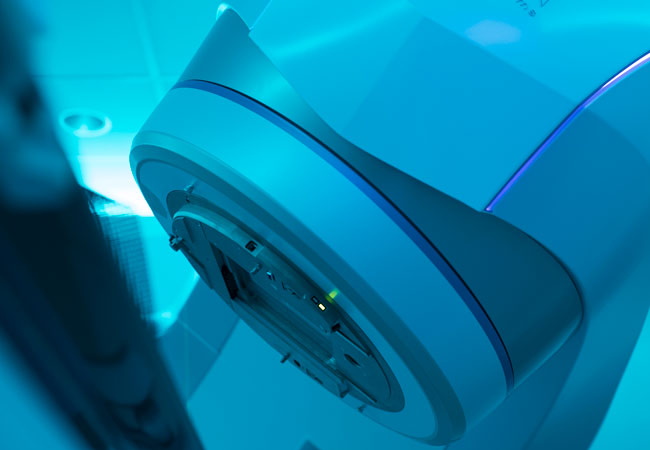New Resources Support Development of Digital Technologies to Predict, Manage Immunotherapy Side Effects
 The Digital Health Measurement Collaborative Community (DATAcc) by the Digital Medicine Society (DiMe) released new resources to support the development of digital health technologies (DHTs) for predicting and managing Cytokine Release Syndrome (CRS), a serious side effect of cancer immunotherapies.
The Digital Health Measurement Collaborative Community (DATAcc) by the Digital Medicine Society (DiMe) released new resources to support the development of digital health technologies (DHTs) for predicting and managing Cytokine Release Syndrome (CRS), a serious side effect of cancer immunotherapies.
Over the past few decades, immunotherapies have shown significant promise in treating hematological cancers like leukemia, lymphoma, and multiple myeloma, offering hope to patients with limited treatment options. However, these therapies also bring the risk of CRS, a potentially fatal condition that presents as flu-like symptoms but can quickly escalate to life-threatening complications if not properly managed. The risk of CRS often requires therapies to be administered in a hospital setting or frequent clinical visits, increasing clinical trial costs, especially for patients in underserved or rural areas, and burden on healthcare systems.
The lack of standard reporting and a robust, high-frequency collection of clinical measures related to CRS presents barriers to developing high-quality CRS de-risking products. DATAcc's new resources advance the development of CRS de-risking products that may improve care delivery, reduce hospital dependency, and expand immunotherapies for all patients.
"Immunotherapies are lifesaving, but dangerous side effects like CRS create barriers for too many," said Samantha McClenahan, DiMe. "The resources launched today will support developers in building the products needed for de-risking CRS outside clinical settings. Leveraging DHTs can help reduce the risk of CRS and get these therapies to patients in need. We're excited to launch resources that will fast-track the development of these new digital products."
"Immunotherapies are a critical, innovative intervention in the fight against cancer, but today they can be costly and prohibitive for many patients due to the need to monitor for dangerous side effects," said Cindy Varga, Atrium Health. "Using CRS de-risking tools during treatment, we could more quickly detect CRS symptoms and intervene earlier to mitigate high grade complications during a cancer patient's treatment journey. Expanding the availability of CRS de-risking tools will help oncologists and researchers detect and manage CRS more effectively, enabling patients to spend less time in inpatient settings and reducing the burden on healthcare systems, patients, and caregivers."
